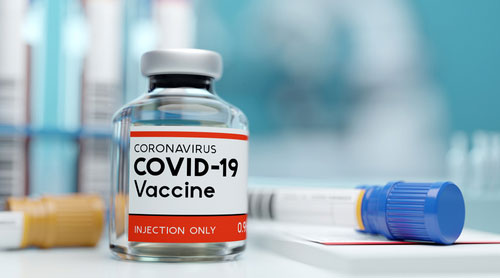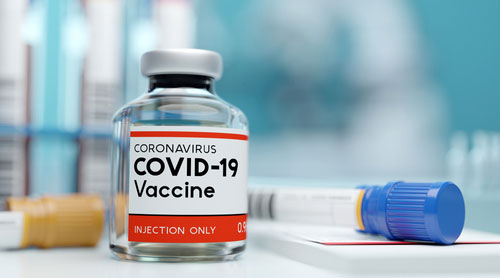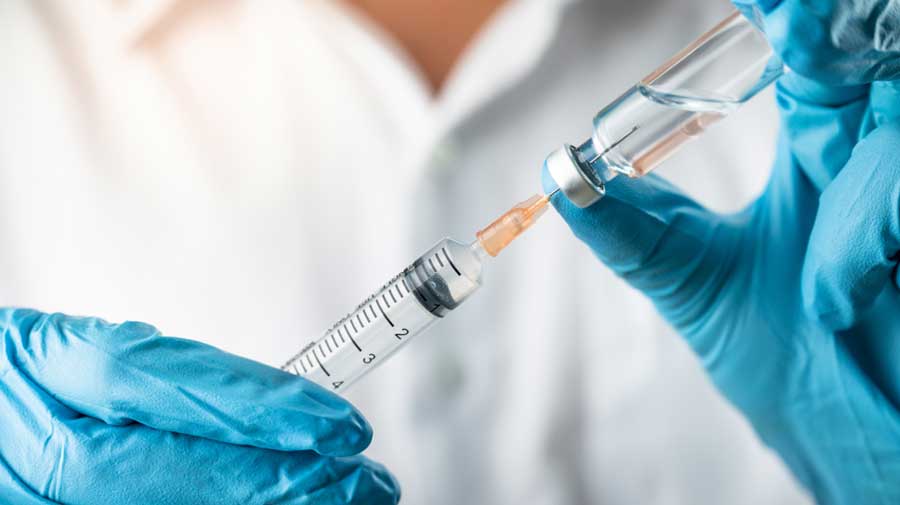An Indian vaccine maker on Saturday pegged his estimate of the cost it would take to immunise all of India’s 1.38 billion people with a coronavirus vaccine at Rs 80,000 crore, or about 23 per cent more than the Centre’s 2020-21 health budget.
“Quick question: Will the government of India have 80,000 crore available over the next one year?” Adar Poonawalla, chief executive officer of the Serum Institute of India, posted on Twitter. “Because that is what MoHFW (the Union health ministry) needs to buy and distribute the vaccine to everyone in India.”
Prime Minister Narendra Modi, articulating key guiding principles for the nationwide rollout of vaccines against Covid-19 during a review meeting in June, had said vaccines should be affordable and universal so that no one is left out.
Public health experts have interpreted that principle as implying the government would support the immunisation of poor people while expecting the rich to buy Covid-19 vaccines for themselves — just as they already pay for other vaccines.
The Serum Institute, the world’s largest vaccine maker, has signed a pact with AstraZeneca to produce a candidate vaccine against Covid-19 developed by Oxford University researchers.
The company, which is conducting large-scale Phase 3 efficacy trials of the Oxford candidate vaccine in India, had signalled in August that it would make the vaccine available at Rs 225 ($3) per dose to low and middle-income countries.
Poonawalla also tweeted: “I ask this question because we need to plan and guide vaccine manufacturers both in India and overseas to service the needs of our country in terms of procurement and distribution.”
Clinical trials are also under way in India for two other candidate vaccines – both home-grown, one from the Hyderabad-based Bharat Biotech and the other from the Ahmedabad-based Zydus Cadila.
Medical experts tracking these clinical trials say the earliest they expect any vaccine to emerge for mass distribution is early 2021.
Vaccine researchers not associated with the Serum Institute said the calculations underlying the Rs 80,000 crore figure are unclear but point to about Rs 590 per person for India’s estimated 1.38 billion people.
Scientists assume the calculations take into account the required two doses of the vaccine and the costs of distributing it across the country.
“It shows how even the costs of a relatively inexpensive vaccine can add up very quickly,” said Shahid Jameel, a senior virologist and head of the Wellcome Trust-DBT India Alliance, a UK-India research partnership.
The Rs 80,000-crore bill appears a lot – it is 23 per cent higher than the Rs 65,000 crore allocated to the Union health ministry for 2020-21 or 35 per cent higher than the Rs 59,000-crore deal for the Rafale fighter jet.
But Jameel and other public health researchers say it is unlikely that the government would pay for everyone. They have stressed that a large section of the Indian population can afford to pay, and would be willing to pay, for the vaccine.
“Even now, the government does not pay for all the vaccines but only those under the immunisation programme and those in government hospitals,” Jameel said.
Households across India have for years been paying for several of the childhood vaccines such as the inactivated polio vaccine or rotavirus vaccines that are also available through the national immunisation programme.
“Similarly, we can be sure that many households across the country would be willing to pay for a coronavirus vaccine,” said Raju Khubchandani, a senior paediatrician at Jaslok Hospital, Mumbai.
“There is no other disease that has advertised itself the way Covid-19 has,” Khubchandani told this newspaper. “Many people are looking forward to the vaccine as a way to return to their jobs or whatever they were doing. We can all hope an effective vaccine comes along soon.”
A panel of medical experts tasked by the Union health ministry is in dialogue with domestic vaccine manufacturers to assess the country’s production and distribution capacities and the likely costs the government would need to bear.
The panel is also expected to outline priority populations that will be the first to receive the earliest vaccines that emerge from the race. Experts have indicated that healthcare workers, essential personnel such as police and security staff and those considered vulnerable could be high on the priority list.
However, vaccine researchers caution that nationwide distribution could take time.
India has significant experience with mass vaccination campaigns – the national oral polio immunisation campaigns have vaccinated millions of children over a single day, said Gagandeep Kang, a senior clinician-researcher and professor of microbiology at the Christian Medical College, Vellore.
But the pace of distribution would also depend on supplies. Experts have stressed that it is unclear yet how many of the three candidates under trial in India would even be available for mass immunisation.
“Any speculation about how long it might take to immunise everyone is premature,” said a senior public health specialist tracking India’s response to Covid-19.
Modi, in his address to the UN on Saturday, assured the global community that India would be a major source of coronavirus vaccines.
“India’s vaccine production and delivery capacity will help the entire humanity to come out of this (Covid-19) crisis,” Modi said.













